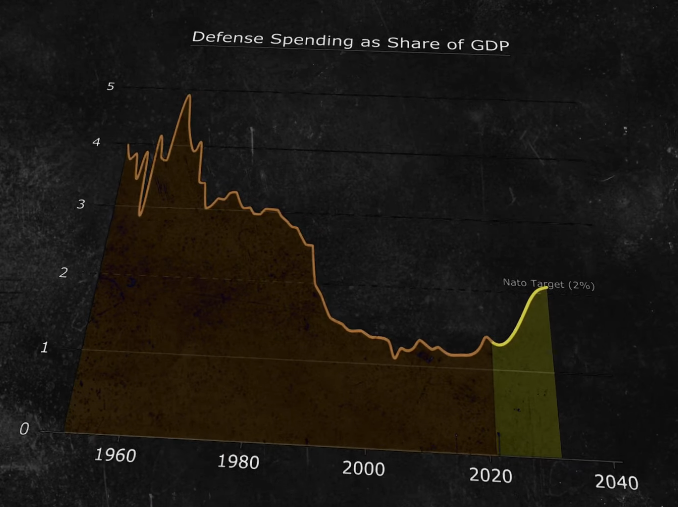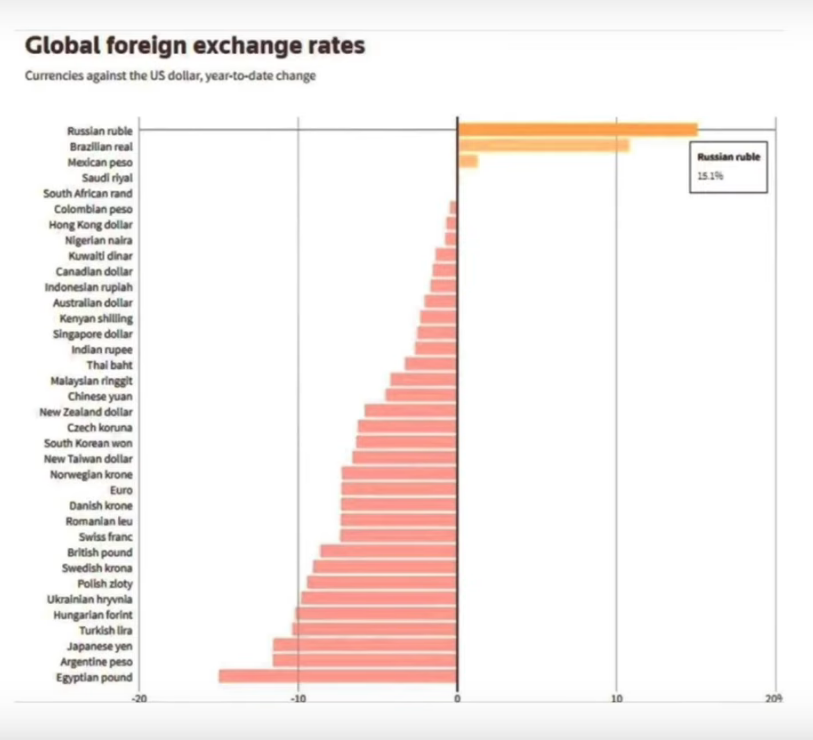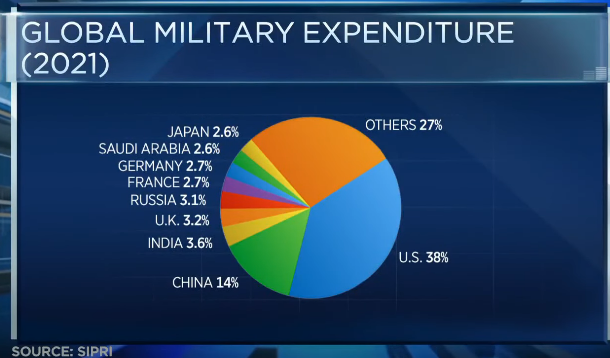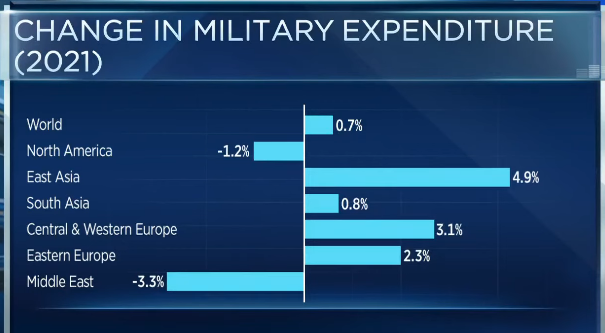Some US National Guards seeking to limit their deployment unless a state of war is actually declared by Congress
'The mission for the National Guard has to be changed,' said one vet.
Traditionally, the National Guard is activated by the states to deal with domestic emergencies (natural disasters, civil disturbances, pandemics). And support and backup for overseas military operations. Lots served in Iraq and Afghanistan.
They were a strategic reserve, and are now 'a combat operationally-focused reserve capability,' according to some.
States are obligated to make them available in 'national security threats.' The issue is 'What is a national security threat?' The 2001 War on Terror resolution has allowed the last 4 presidents to use them for their wars, and they all have done so. Afghanistan and Iraq.
Some, like Congresswoman Idaho Lt. Governor Janice McGeachin, believe undeclared wars (all American wars since WWII) are not included, according to Article 1 of the Constitution. Article 1, for allowing Federal use of the state's militia, is for executing the laws of the nation, suppressing insurrection, and repelling invasions.
'Defend the Guard' is the name of one of the groups doing this.
However, the states might not be able to limit Federal control of the Guard after it 'has been mobilized for Federal service in the context of any law, or mobilized for Federal training as a reserve of the army or air force, the states have no control over what the president or the DoD does with those units once they're in that status.' (Brig. Gen. David McGinnis (Red.))
One thing the Fed can do is limit funding for the Guard if they don't come when called on. Hundreds of millions per year.
Some say the Guard, as a result of it's militarization and combat deployments, is better trained, equipped, and more integrated with the active military.
But is that a good type of better for doing state domestic emergencies?
WIkipedia: Article One of the United States Constitution 



